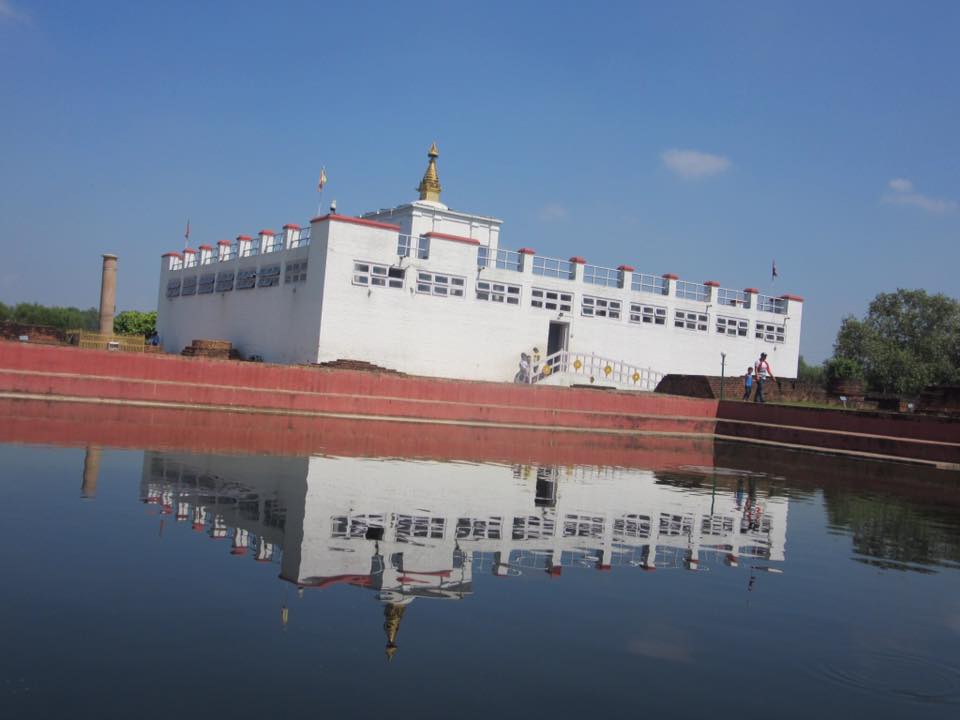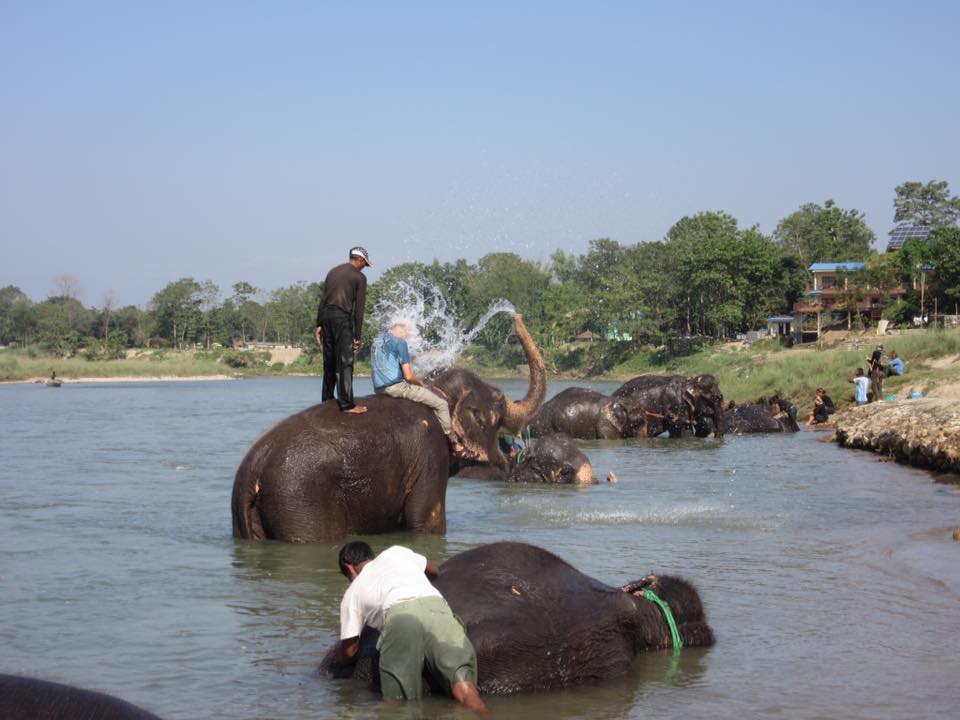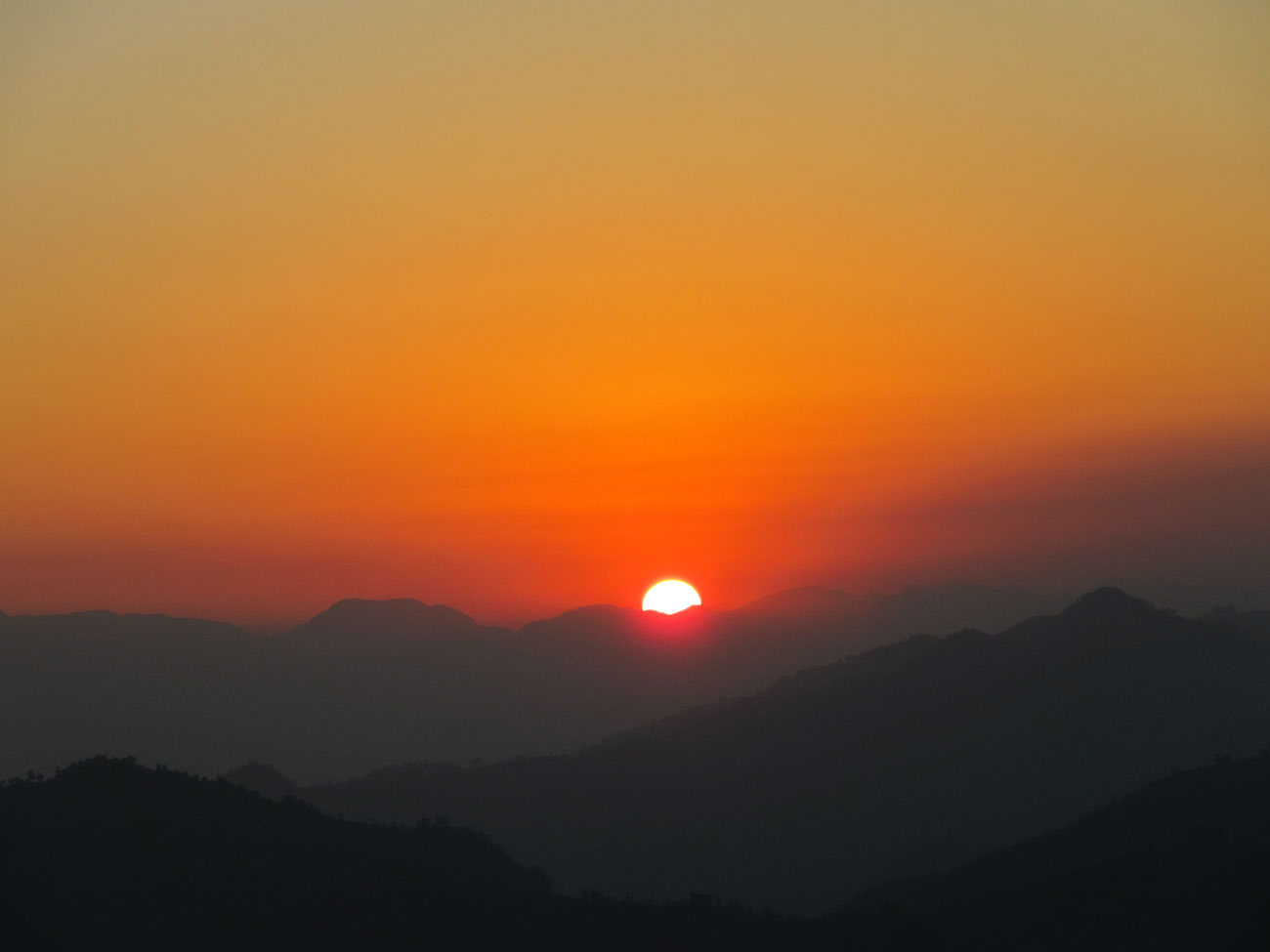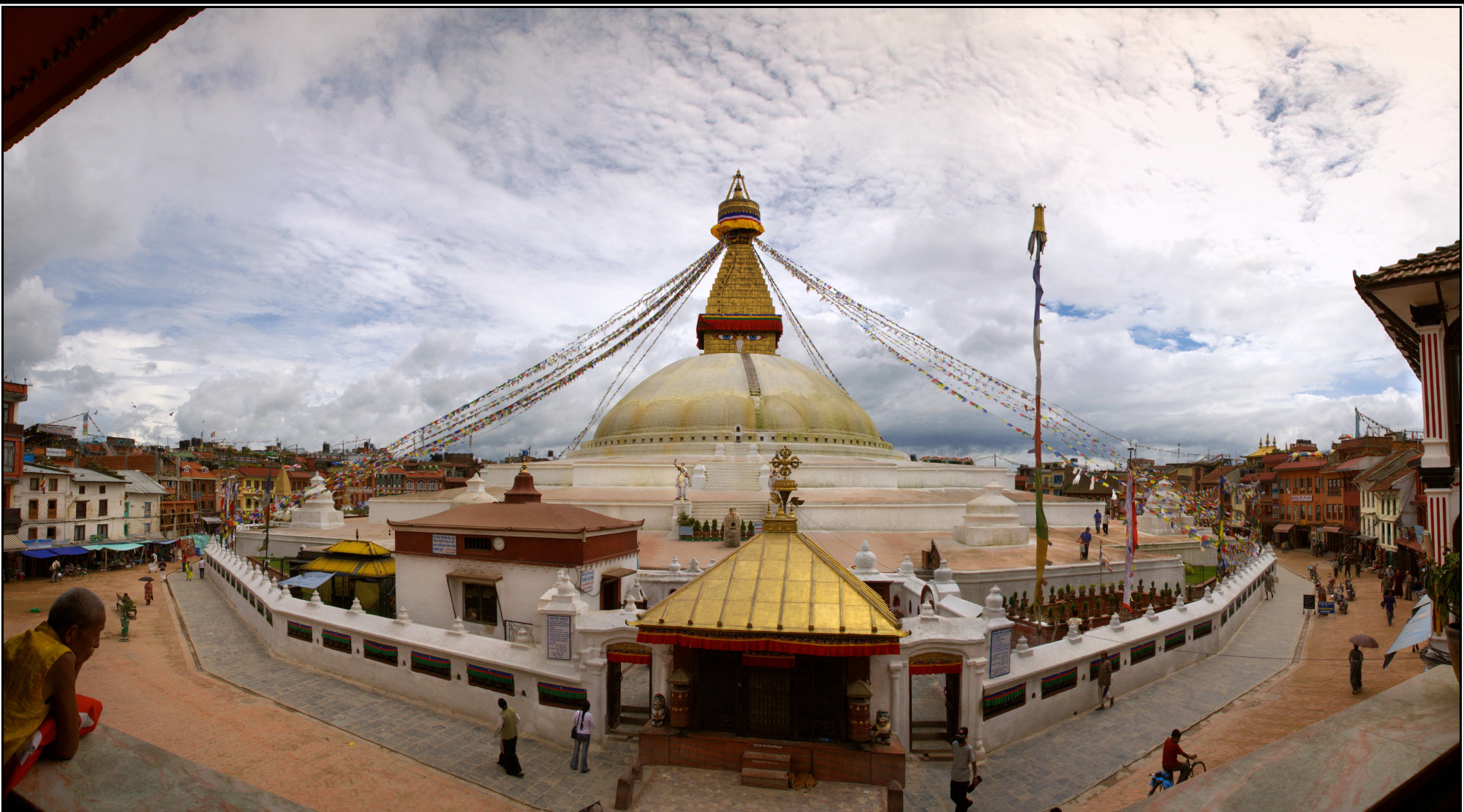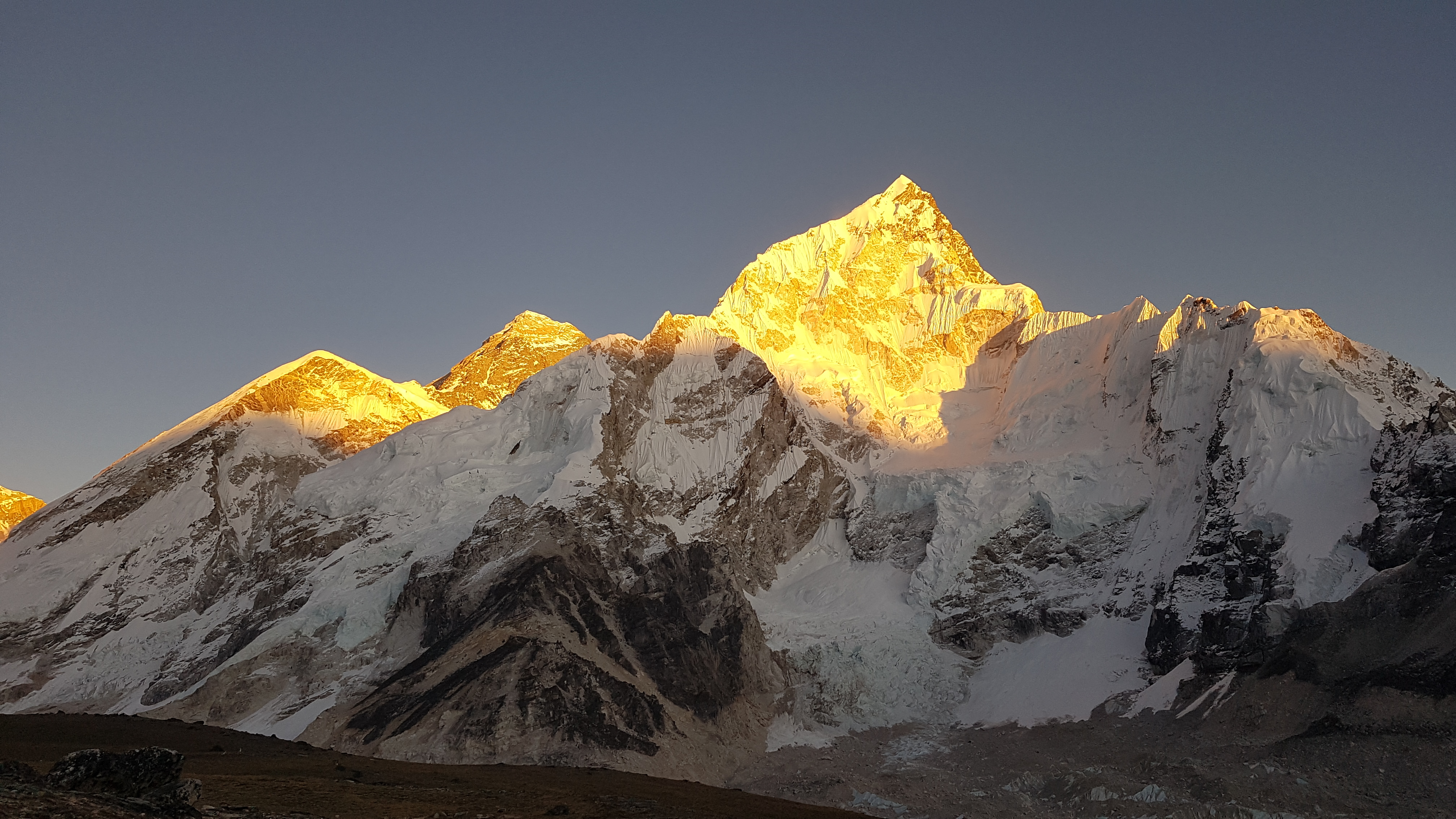Responsibility simply means having a duty to deal with something or of having control over someone. Responsible tourism means conducting tourism responsibly. It’s all about the consequences of tourism for the environment, local people and the economics of the country. Responsible tourism does not only take place in protected natural environment, it can be any tourism business located either in rural areas or a well-established city. Responsible tourism minimizes negative economic, environmental and social impacts and generates greater economic benefits for local people and enhances the well being of host communities, improves working conditions and access to the industry. It’s the way of creating better places to visit or better place to live in.
Tourism is an industry that contributes to the world economy. In fact, some countries’ economies derive most of their revenues from tourism. Responsible tourism provides more enjoyable experiences for tourists through more meaningful connections with local people, and a greater understanding of local cultural, social and environmental issues. We’ve heard about global warming and climate change issues, how the sea level is increasing rapidly.
We are committed to sustainable tourism and the protection and preservation of the mountain habitat and local communities. As such we abide by and support local conservation projects and policies for the continued evolution and protection of the mountain environment and its inhabitants. We choose to work with guides, companies and accommodation who share the same values.
Our Commitment and protective action:
1.Zero carbon
Enabling access to energy, making buildings more energy efficient and delivering all energy with renewable technologies.
2.Zero waste
Reducing waste, reusing where possible, creating products & employment
Through recycling and ultimately sending zero waste to landfill.
3.Sustainable transport
Encouraging low carbon modes of transport and public transport, reducing the
Need to travel, ensuring a good range of local facilities within walking and Cycling distance.
4.Sustainable materials
Using sustainable and healthy products, such as those with low embodied
Energy, sourced locally, made from renewable or waste resources.
5.Local and sustainable food
Sustainable and humane agriculture and farming, access to nutritious low
Impact, local, seasonal and organic diets and reducing food waste.
6.Sustainable water
Access to safe drinking water and sanitation. Using water more efficiently in
farming, buildings and in the products we buy. Designing to avoid local flooding
and water course pollution.
7.Land and wildlife
Protecting and restoring existing biodiversity and natural habitats through
Appropriate land use and integration into the built environment.
8. Culture and economy
Respecting and reviving local identity, wisdom and culture; access to education for all; valuing and encouraging the involvement of the community in shaping their community and their li
8.Equity and local economy
Creating strong, diverse local economies that meet peoples’ needs and support
Fair employment and international fair trade.
9. Health & happiness
Promoting good health and well-being through access to healthcare.
Encouraging active, sociable, meaningful lives to promote good health and wellbeing.
Main principles for sustainable tourism are the following:
Responsibility in following sector :
Our client liaison representatives who meet and greet clients whilst on holiday are all local to the area. We believe that using local people who are passionate about the area they live in and the activities available ensures a high quality of service and a real insight into mountain life, which we believe is a valuable experience for our clients.
We pay all our suppliers the going rate to ensure they are fairly paid.
II Environmental
Our list of activities only include those which have a minimum impact on the environment, such as walking, rafting, etc. We respect and support local conservation / erosion projects by following guidelines issued by the conservation and National Park and ensuring our clients are made aware of any specific guidelines that may affect them. I.e carrying rubbish down from refuges / high mountain walks.
Activities such as trekking ,hiking and mountaineering , which have questionable environmental impact, still appear on our list as they still form an important part of the local economy in the mountains. However we actively promote alternative winter activities around main ski areas with the aim or providing alternative employment options for ski dependent suppliers and also to educate tourists so they can appreciate the great variety the alpine environment has to offer in the winter outside of skiing.
All our guides are fully trained in environmental sustainability as a part of their diplomas and they educate our clients about the mountain habitat during the activities.
We don’t print brochures and keep paper use to a minimum in the office preferring electronic distribution as our main means of communication with clients.
we have introduced a responsible environmentally ethical commitment to all our supplier contracts asking accommodation providers to reduce single plastic use in food and toiletries.
III.Social
We work closely with the Touirst Office and support their projects for sustainable tourism and in particular the impact of tourism on local agriculture which is often the traditional way of life in mountain areas. We include local events that support and promote local farming traditions, food production and markets in our itineraries and advice for things to do for our clients to help support the farming community and raise awareness of their culture. We also include a selection of local products in our welcome gift to clients to support and promote the local economy.
Tips for the travellers:
It’s easy to get snap-happy when presented with Nepal’s incredible landscape and culture. Remember, this may be your trip of a lifetime, but it’s their reality, so
People of diverse religion and belief are the dominant features of Nepali society. Hinduism, Buddhism, Islam and Christianity are the major religions that are practiced in Nepal. People have a sense of unity, though living in the diversity. Mostly, Brahmins and Chhetris are regarded as Hindu believers and people from the Mongoloid community are taken as Buddhist devotees, but they have a good respect to each other in the course of cultural exchange. A Hindu has a distinct tradition of sacrificing animals to the goddess, because they are the symbol of having ferocious power and need bloods of living being to be satisfied. Lord Shiva is considered to be the supreme God in Hinduism.
Another significant feature of Nepali society is customs. The custom differs as there are several castes and ethnic communities. They are guided by the underlying pattern of religions. Still, the marriage arrangements are decided by the parents instead of the boy or girl. In some societies, there are still practices of blind superstitions like shamanism. The Cow is worshipped as goddess so they dont eat the beef items. Mostly, the males work outside and female in the houses, but it is slowly eradicating. Some social groups, who are taken as high castes dont allow other people in their kitchen, which should be known by the visitors.
Tourism is an industry that contributes to the world economy. In fact, some countries’ economies derive most of their revenues from tourism. Responsible tourism provides more enjoyable experiences for tourists through more meaningful connections with local people, and a greater understanding of local cultural, social and environmental issues. We’ve heard about global warming and climate change issues, how the sea level is increasing rapidly.
We are committed to sustainable tourism and the protection and preservation of the mountain habitat and local communities. As such we abide by and support local conservation projects and policies for the continued evolution and protection of the mountain environment and its inhabitants. We choose to work with guides, companies and accommodation who share the same values.
Our Commitment and protective action:
1.Zero carbon
Enabling access to energy, making buildings more energy efficient and delivering all energy with renewable technologies.
2.Zero waste
Reducing waste, reusing where possible, creating products & employment
Through recycling and ultimately sending zero waste to landfill.
3.Sustainable transport
Encouraging low carbon modes of transport and public transport, reducing the
Need to travel, ensuring a good range of local facilities within walking and Cycling distance.
4.Sustainable materials
Using sustainable and healthy products, such as those with low embodied
Energy, sourced locally, made from renewable or waste resources.
5.Local and sustainable food
Sustainable and humane agriculture and farming, access to nutritious low
Impact, local, seasonal and organic diets and reducing food waste.
6.Sustainable water
Access to safe drinking water and sanitation. Using water more efficiently in
farming, buildings and in the products we buy. Designing to avoid local flooding
and water course pollution.
7.Land and wildlife
Protecting and restoring existing biodiversity and natural habitats through
Appropriate land use and integration into the built environment.
8. Culture and economy
Respecting and reviving local identity, wisdom and culture; access to education for all; valuing and encouraging the involvement of the community in shaping their community and their li
8.Equity and local economy
Creating strong, diverse local economies that meet peoples’ needs and support
Fair employment and international fair trade.
9. Health & happiness
Promoting good health and well-being through access to healthcare.
Encouraging active, sociable, meaningful lives to promote good health and wellbeing.
Main principles for sustainable tourism are the following:
- Taking a holistic, integrated approach
- Planning for the long-term
- Adopting an appropriate pace of development
- Involving all stakeholders
- Using the best available knowledge
- Minimizing and managing risk
Responsibility in following sector :
- Economic:
Our client liaison representatives who meet and greet clients whilst on holiday are all local to the area. We believe that using local people who are passionate about the area they live in and the activities available ensures a high quality of service and a real insight into mountain life, which we believe is a valuable experience for our clients.
We pay all our suppliers the going rate to ensure they are fairly paid.
II Environmental
Our list of activities only include those which have a minimum impact on the environment, such as walking, rafting, etc. We respect and support local conservation / erosion projects by following guidelines issued by the conservation and National Park and ensuring our clients are made aware of any specific guidelines that may affect them. I.e carrying rubbish down from refuges / high mountain walks.
Activities such as trekking ,hiking and mountaineering , which have questionable environmental impact, still appear on our list as they still form an important part of the local economy in the mountains. However we actively promote alternative winter activities around main ski areas with the aim or providing alternative employment options for ski dependent suppliers and also to educate tourists so they can appreciate the great variety the alpine environment has to offer in the winter outside of skiing.
All our guides are fully trained in environmental sustainability as a part of their diplomas and they educate our clients about the mountain habitat during the activities.
We don’t print brochures and keep paper use to a minimum in the office preferring electronic distribution as our main means of communication with clients.
we have introduced a responsible environmentally ethical commitment to all our supplier contracts asking accommodation providers to reduce single plastic use in food and toiletries.
III.Social
We work closely with the Touirst Office and support their projects for sustainable tourism and in particular the impact of tourism on local agriculture which is often the traditional way of life in mountain areas. We include local events that support and promote local farming traditions, food production and markets in our itineraries and advice for things to do for our clients to help support the farming community and raise awareness of their culture. We also include a selection of local products in our welcome gift to clients to support and promote the local economy.
Tips for the travellers:
- Think twice before you buy souvenirs.
- A high number of Nepali taboos are to do with food - once you’ve touched something to your lips, it’s considered polluted for everyone else. If you take a sip from your own, or someone else’s water bottle, try not to let it touch your lips and don’t eat from someone else’s plate or offer anyone food you’ve taken a bite of.
- Know your left from your right - if eating with your hands, use the right one only.
- If you don’t understand something, ask quietly and be patient.
It’s easy to get snap-happy when presented with Nepal’s incredible landscape and culture. Remember, this may be your trip of a lifetime, but it’s their reality, so
- Introduce yourself and ask permission before taking a photo. Nepal is a conservative country.
- Do not stretch your legs in public or point your feet at anyone
- Spitting is normal in Nepal
- Don't show affection in public.
- When visiting ancient and sacred sites there are a few protocol that are handy to know:
- When visiting temples, respect both the place and the people that pray there.
- A small donation to temple that you’re visiting will be much appreciated.
- If you are invited into a private home for a meal,
- Don’t give pens, money, or sweets to the local people you encounter on visits to villages and it can encourage begging and may be seen to establish a non-equal relationship between tourist and local with tourists being seen as simply ‘givers’ giving to ‘the poor’. Instead, buy local handicrafts directly from villagers and show an interest in their skills. Sweets may seem like an ideal gift for children, but access to dentists is extremely limited to rural dwellers and the last thing you want to give them is tooth decay!
- Do not feed any wild animals:
- Hassle by touts is on the rise in Nepal and it’s likely you’ll get accosted at the airport and in Kathmandu and offered drugs, treks and sex. Just ignore them and they’re likely to ignore you. If they don’t, ask politely if they’ll leave you alone – do not be rude, as they’ll take it personally
- Dealing with beggars is par for the course in Nepal. Adjust to the pathos quickly – many beggars are not bona fide and helping those that are will only encourage those that aren’t. Do not give away medicines either; instead donate them to the destitute at Kathmandu’s Bir Hospital, or at the Himalayan Buddhist Meditation Centre in Kathmandu.
- The litter problem in Nepal is growing and has increased with the wider availability of pre-packaged goods. Keep your waste to a minimum – avoid accepting plastic bags from shops and reuse the ones you have, buy additional food from local markets to avoid packaging, take an empty plastic bag with you on treks, so you can pick up any additional litter you might spot and take particularly harmful waste, such as batteries, back to Kathmandu with you.
- Preservation of culture and custom:
People of diverse religion and belief are the dominant features of Nepali society. Hinduism, Buddhism, Islam and Christianity are the major religions that are practiced in Nepal. People have a sense of unity, though living in the diversity. Mostly, Brahmins and Chhetris are regarded as Hindu believers and people from the Mongoloid community are taken as Buddhist devotees, but they have a good respect to each other in the course of cultural exchange. A Hindu has a distinct tradition of sacrificing animals to the goddess, because they are the symbol of having ferocious power and need bloods of living being to be satisfied. Lord Shiva is considered to be the supreme God in Hinduism.
Another significant feature of Nepali society is customs. The custom differs as there are several castes and ethnic communities. They are guided by the underlying pattern of religions. Still, the marriage arrangements are decided by the parents instead of the boy or girl. In some societies, there are still practices of blind superstitions like shamanism. The Cow is worshipped as goddess so they dont eat the beef items. Mostly, the males work outside and female in the houses, but it is slowly eradicating. Some social groups, who are taken as high castes dont allow other people in their kitchen, which should be known by the visitors.

